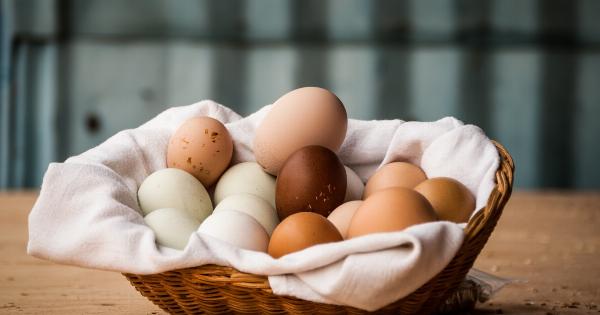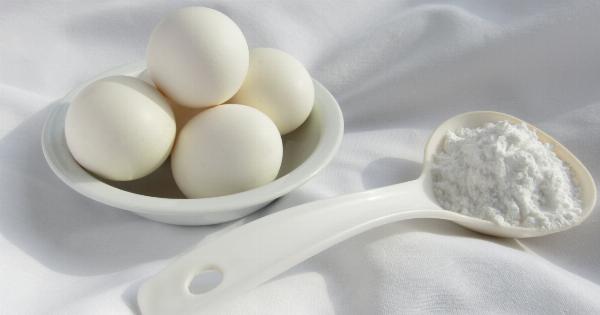Eggs are a staple in many households, whether they are used for baking, cooking, or as a primary source of protein. When it comes to consuming eggs, freshness is essential not only for taste but also for safety.
The freshness of an egg can be determined by examining the egg’s appearance, behavior, and odor. In this article, we will discuss the different ways you can determine the freshness of an egg.
How to check for egg freshness
There are several ways of determining the freshness of an egg. These methods include the float test, candling test, and checking the expiration date.
Float Test
The float test involves placing an egg in a bowl of water. The egg’s freshness is determined by how the egg behaves in the water. A fresh egg will sink to the bottom of the bowl and lie on its side.
If the egg is slightly tilted upward, it is still fresh, but it’s best to consume it sooner rather than later. A stale egg will stand upright on the bottom of the bowl, and a rotten egg will float on the surface of the water.
Candling Test
The candling test involves holding an egg up to a bright light source, such as a flashlight, and examining the egg’s contents. A fresh egg will have a clear yolk and a thick white.
If the egg has a cloudy yolk or a thin white, it’s not as fresh. If the egg has a dark spot or a blood ring around the yolk, it’s not fresh and should be discarded.
Expiration Date
The expiration date on the egg carton is another way of determining the freshness of an egg. The expiration date is usually stamped on the carton, and it indicates the last date the eggs should be used for consumption.
After this date, the eggs may not be fresh and should not be consumed.
The Importance of Fresh Eggs
Fresh eggs are not only essential for good taste but also for food safety. When eggs become stale, the protective coating on the outer shell begins to break down, allowing bacteria to enter the egg.
Eating a stale or rotten egg can lead to food poisoning or other health issues.
Using fresh eggs in cooking can also affect the outcome. Fresh eggs have a tighter, thicker white that holds together better when cooked.
The yolk of a fresh egg will be more stable and hold its shape when cooked, resulting in a more appealing presentation.
Storing Eggs for Freshness
Proper egg storage can help prolong the freshness of eggs. Eggs should be stored in their original carton in the refrigerator and away from strong-smelling foods, such as onions or garlic.
It’s essential not to wash the eggs before storing them, as this can remove the protective coating on the shell and increase the risk of bacteria entering the egg. Hard-boiled eggs should be stored in the refrigerator and consumed within one week.
Conclusion
Determining the freshness of an egg is essential for both taste and safety. The float test, candling test, and expiration date can all be used to determine the freshness of an egg.
Fresh eggs should be used for cooking and baking for optimal taste and appearance. Proper egg storage can help prolong the freshness of eggs.


























